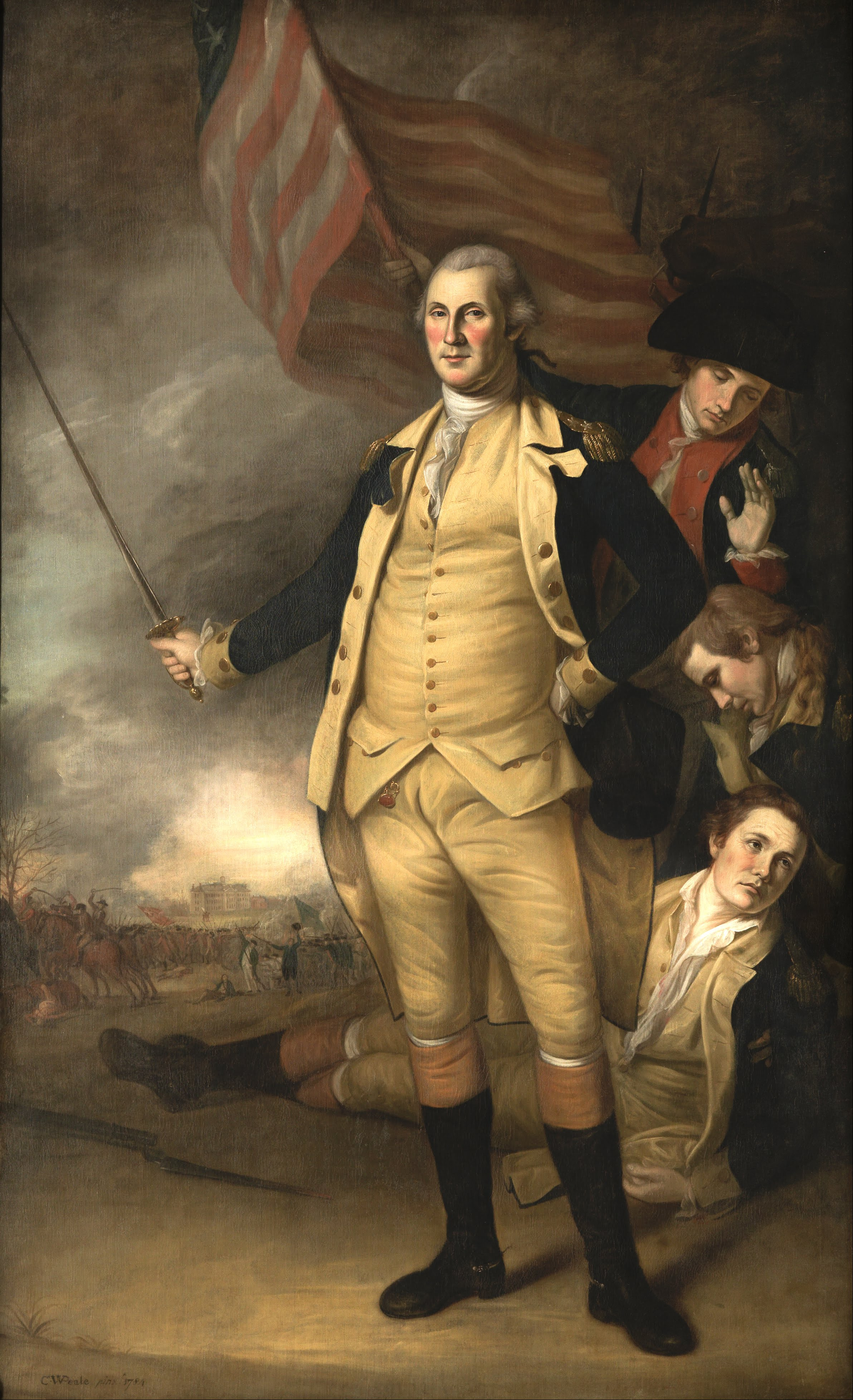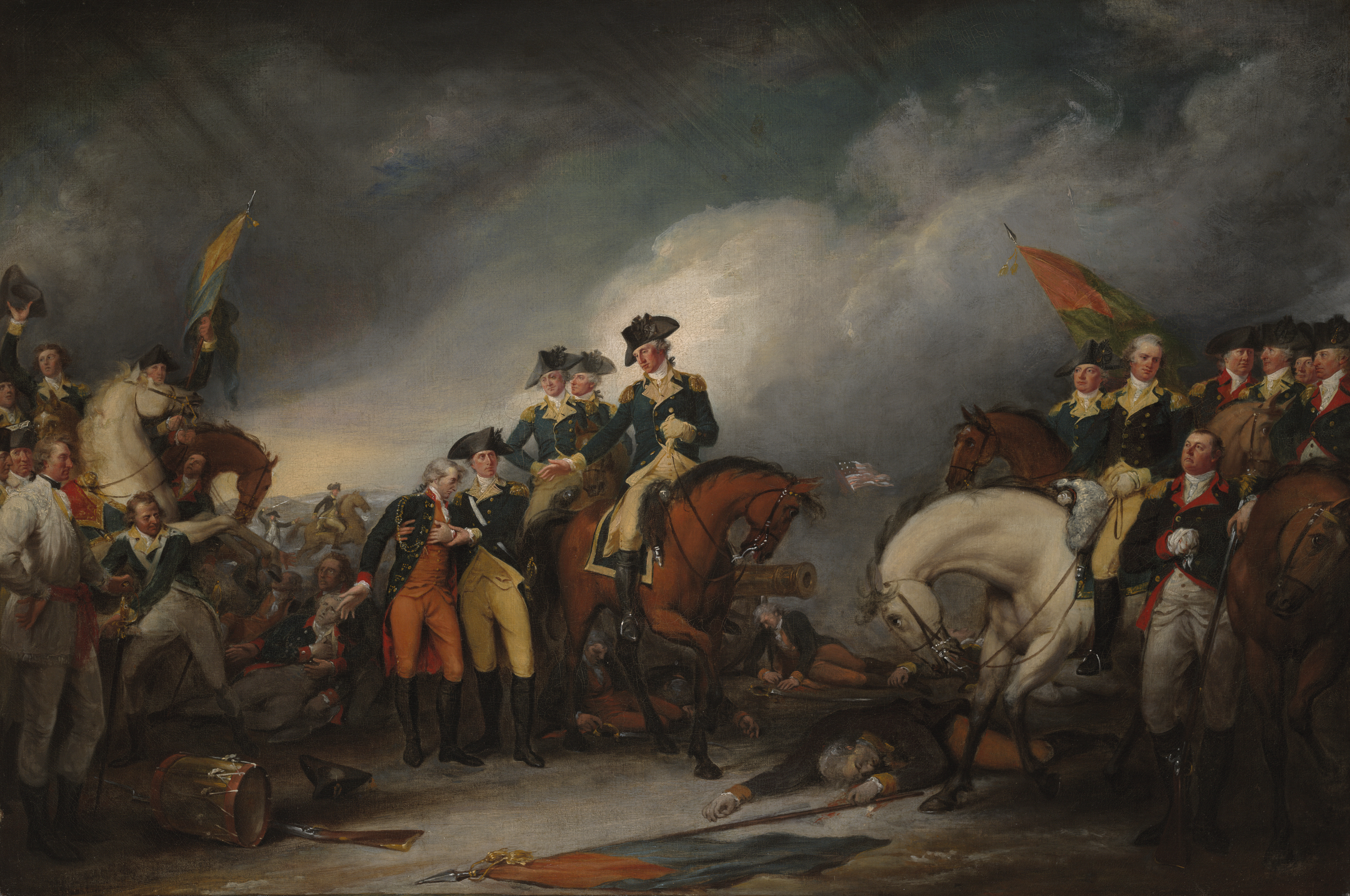|
Princeton Garden Theatre
The Princeton Garden Theatre is a historic movie theater on Nassau Street (Princeton), Nassau Street in Princeton, New Jersey. Owned by Princeton University, it is operated by Renew Theaters, a non-profit which manages Classical Hollywood cinema, golden-age movie theaters. The theater shows first run movies of high artistic quality as well as classic and foreign language films, and Saturday kids' matinees. The Garden live broadcasts performances from the National Theatre Live, Royal National Theatre and host talks and lectures from filmmakers including Terrence Malick and Peter Saraf. In March 2017 the Garden was named New Jersey's best movie theater by NJ.com. It offers screenings for List of film festivals in New Jersey, a number of area film festivals. In addition to walk-up ticket sales and concessions, the Garden Theatre relies on a core of members in order to meet its operating costs. Garden Theatre Members subscribe once per year with tax-deductible donations of variou ... [...More Info...] [...Related Items...] OR: [Wikipedia] [Google] [Baidu] |
Princeton Historic District (Princeton, New Jersey)
The Princeton Historic District is a historic district located in Princeton, New Jersey that was listed on the U.S. National Register of Historic Places in 1975. It stretches from Marquand Park in the west to the Eating Clubs in the East, from the Princeton Cemetery in the north to the Graduate College in the south. The district encompasses the core parts of the campuses of the Princeton Theological Seminary and Princeton University. It also includes the business district centered on Nassau Street and many historic homes, both mansions in the western section and more humble dwellings in the Witherspoon/Jackson neighborhood. Notable churches within the district include Nassau Presbyterian Church, Trinity Episcopal, Nassau Christian Center, and the Princeton University Chapel. The district is home to seven of Princeton's nine, and New Jersey's fifty-eight, National Historic Landmarks, the largest concentration of such sites in the state. Significance Princeton, and t ... [...More Info...] [...Related Items...] OR: [Wikipedia] [Google] [Baidu] |
Little Theatre Movement
As the new medium of cinema was beginning to replace theater as a source of large-scale spectacle, the Little Theatre Movement developed in the United States around 1912. The Little Theatre Movement served to provide experimental centers for the dramatic arts, free from the standard production mechanisms used in prominent commercial theaters. In several large cities, beginning with Chicago, Boston, Seattle, and Detroit, companies formed to produce more intimate, non-commercial, non-profit-centered, and reform-minded entertainments. History Conventional theater in 19th-century America Sensational melodramas had entertained theatre audiences since the mid-19th century, drawing larger and larger audiences.Watt, Stephen and Richardson, Gary (ed.), ''American Drama: Colonial to Contemporary''. Cambridge, MA: Heinle & Heinle, pp. 147–150. . These types of formulaic works could be produced over and over again in splendid halls in big cities and by touring companies in smaller ones. Durin ... [...More Info...] [...Related Items...] OR: [Wikipedia] [Google] [Baidu] |
Theatres Completed In 1920
Theatre or theater is a collaborative form of performing art that uses live performers, usually actors or actresses, to present the experience of a real or imagined event before a live audience in a specific place, often a stage. The performers may communicate this experience to the audience through combinations of gesture, speech, song, music, and dance. Elements of art, such as painted scenery and stagecraft such as lighting are used to enhance the physicality, presence and immediacy of the experience. The specific place of the performance is also named by the word "theatre" as derived from the Ancient Greek θέατρον (théatron, "a place for viewing"), itself from θεάομαι (theáomai, "to see", "to watch", "to observe"). Modern Western theatre comes, in large measure, from the theatre of ancient Greece, from which it borrows technical terminology, classification into genres, and many of its themes, stock characters, and plot elements. Theatre artist Patrice Pavi ... [...More Info...] [...Related Items...] OR: [Wikipedia] [Google] [Baidu] |
Cinemas And Movie Theaters In New Jersey
A movie theater (American English), cinema (British English), or cinema hall ( Indian English), also known as a movie house, picture house, the movies, the pictures, picture theater, the silver screen, the big screen, or simply theater is a building that contains auditoria for viewing films (also called movies) for entertainment. Most, but not all, movie theaters are commercial operations catering to the general public, who attend by purchasing a ticket. The film is projected with a movie projector onto a large projection screen at the front of the auditorium while the dialogue, sounds, and music are played through a number of wall-mounted speakers. Since the 1970s, subwoofers have been used for low-pitched sounds. Since the 2010s, the majority of movie theaters have been equipped for digital cinema projection, removing the need to create and transport a physical film print on a heavy reel. A great variety of films are shown at cinemas, ranging from animated films to bl ... [...More Info...] [...Related Items...] OR: [Wikipedia] [Google] [Baidu] |
Thomas Meighan
Thomas Meighan (April 9, 1879 – July 8, 1936) was an American actor of silent films and early talkies. He played several leading-man roles opposite popular actresses of the day, including Mary Pickford and Gloria Swanson. At one point he commanded $10,000 per week. Early life Meighan was born to John and Mary Meighan in Pittsburgh, Pennsylvania. His father was the president of Pittsburgh Facing Mills, and his family was well-off. Meighan's parents encouraged him to go to college but he refused. At the age of 15, his father sent him to work shoveling coal, which quickly changed his mind. He attended Mount St. Mary's College to study pharmacology. After three years of study, Meighan decided he wished to pursue acting. Early theatre career After dropping out of college in 1896, Meighan became a juvenile player in the Pittsburgh Stock Company headed by Henrietta Crosman. He was paid $35 per week. Meighan soon found success. He first appeared on Broadway in 1900, and four years ... [...More Info...] [...Related Items...] OR: [Wikipedia] [Google] [Baidu] |
Silent Film
A silent film is a film with no synchronized recorded sound (or more generally, no audible dialogue). Though silent films convey narrative and emotion visually, various plot elements (such as a setting or era) or key lines of dialogue may, when necessary, be conveyed by the use of title cards. The term "silent film" is something of a misnomer, as these films were almost always accompanied by live sounds. During the silent era that existed from the mid-1890s to the late 1920s, a pianist, theater organist—or even, in large cities, a small orchestra—would often play music to accompany the films. Pianists and organists would play either from sheet music, or improvisation. Sometimes a person would even narrate the inter-title cards for the audience. Though at the time the technology to synchronize sound with the film did not exist, music was seen as an essential part of the viewing experience. "Silent film" is typically used as a historical term to describe an era of cinema pri ... [...More Info...] [...Related Items...] OR: [Wikipedia] [Google] [Baidu] |
Civilian Clothes
''Civilian Clothes'' is a surviving 1920 American silent comedy film produced by Famous Players-Lasky and distributed by Paramount Pictures. It stars Thomas Meighan and was directed by Hugh Ford. This film is based on the 1919 Broadway play, ''Civilian Clothes'', by Thompson Buchanan. Thurston Hall played Meighan's part in the play. ''Civilian Clothes'' is preserved at the Gosfilmofond Russian Archives, Moscow. Plot As described in a film magazine, Florence Lanham (Mansfield), married in France while a Salvation Army worker to Captain Sam McGinnis (Meighan), returns to society life in America after receiving word that he was killed in battle. She keeps news of her wedding secret and permits the attentions of Billy Arkwright (Hickman), an early lover. When McGinnis suddenly appears on the scene, clothed in startlingly bold habiliments, the Lanham stubbornness asserts itself. To impart upon her his own gospel of democracy, McGinnis obtains the place of a discharged butler in the La ... [...More Info...] [...Related Items...] OR: [Wikipedia] [Google] [Baidu] |
McCarter Theatre
McCarter Theatre Center is a not-for-profit, professional company on the campus of Princeton University in Princeton, New Jersey. The institution is currently led by Artistic Director Sarah Rasmussen and Managing Director Michael S. Rosenberg. History Built as a permanent home for the Princeton University Triangle Club (who continue to perform at McCarter) with funds from Thomas N. McCarter, class of 1888, McCarter Theatre opened on February 21, 1930, with a special performance of the 40th annual Triangle show, ''The Golden Dog''. One of its stars was Joshua Logan, a junior, and a sophomore named James Stewart was in the chorus. During the 1930s, McCarter gained popularity as a pre-Broadway showcase, due to its large seating capacity, its 40-foot proscenium stage, and its short distance from New York. Thornton Wilder's ''Our Town'' had its world premiere at McCarter, as did George S. Kaufman and Moss Hart's '' You Can't Take It with You'', James Thurber and Elliott Nugent's ... [...More Info...] [...Related Items...] OR: [Wikipedia] [Google] [Baidu] |
Trenton, New Jersey
Trenton is the capital city of the U.S. state of New Jersey and the county seat of Mercer County. It was the capital of the United States from November 1 to December 24, 1784.New Jersey County Map New Jersey Department of State. Accessed July 10, 2017. The city's metropolitan area, including all of Mercer County, is grouped with the New York combined statistical area by the |
Battle Of Princeton
The Battle of Princeton was a battle of the American Revolutionary War, fought near Princeton, New Jersey on January 3, 1777, and ending in a small victory for the Colonials. General Lord Cornwallis had left 1,400 British troops under the command of Lieutenant Colonel Charles Mawhood in Princeton. Following a surprise attack at Trenton early in the morning of December 26, 1776, General George Washington of the Continental Army decided to attack the British in New Jersey before entering the winter quarters. On December 30, he crossed the Delaware River back into New Jersey. His troops followed on January 3, 1777. Washington advanced to Princeton by a back road, where he pushed back a smaller British force but had to retreat before Cornwallis arrived with reinforcements. The battles of Trenton and Princeton were a boost to the morale of the patriot cause, leading many recruits to join the Continental Army in the spring. After defeating the Hessians at the Battle of Trenton on th ... [...More Info...] [...Related Items...] OR: [Wikipedia] [Google] [Baidu] |
American Revolution
The American Revolution was an ideological and political revolution that occurred in British America between 1765 and 1791. The Americans in the Thirteen Colonies formed independent states that defeated the British in the American Revolutionary War (1775–1783), gaining independence from the British Crown and establishing the United States of America as the first nation-state founded on Enlightenment principles of liberal democracy. American colonists objected to being taxed by the Parliament of Great Britain, a body in which they had no direct representation. Before the 1760s, Britain's American colonies had enjoyed a high level of autonomy in their internal affairs, which were locally governed by colonial legislatures. During the 1760s, however, the British Parliament passed a number of acts that were intended to bring the American colonies under more direct rule from the British metropole and increasingly intertwine the economies of the colonies with those of Brit ... [...More Info...] [...Related Items...] OR: [Wikipedia] [Google] [Baidu] |






